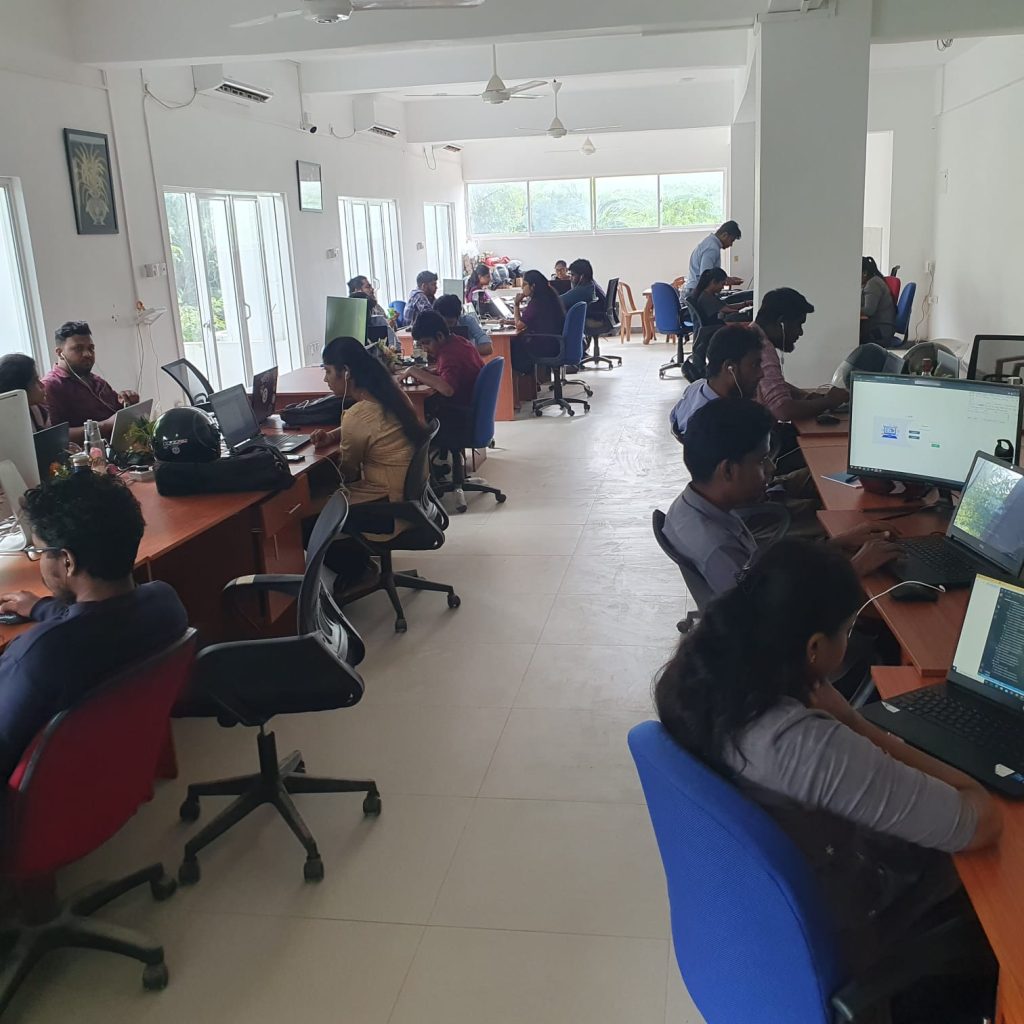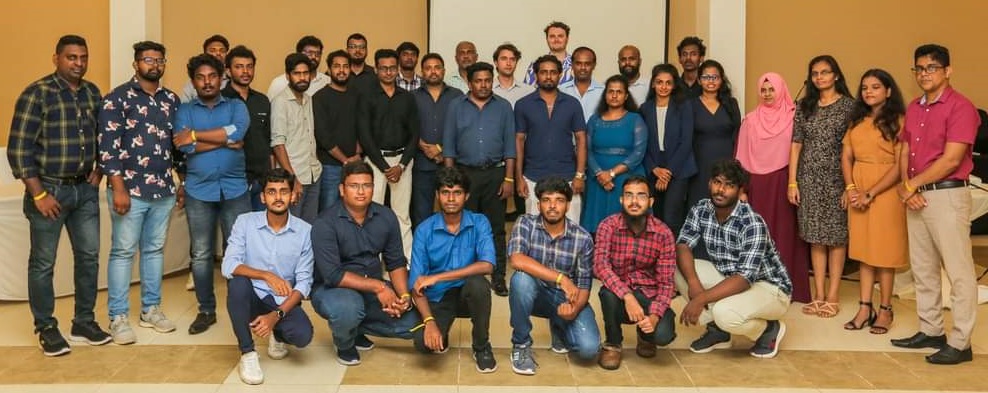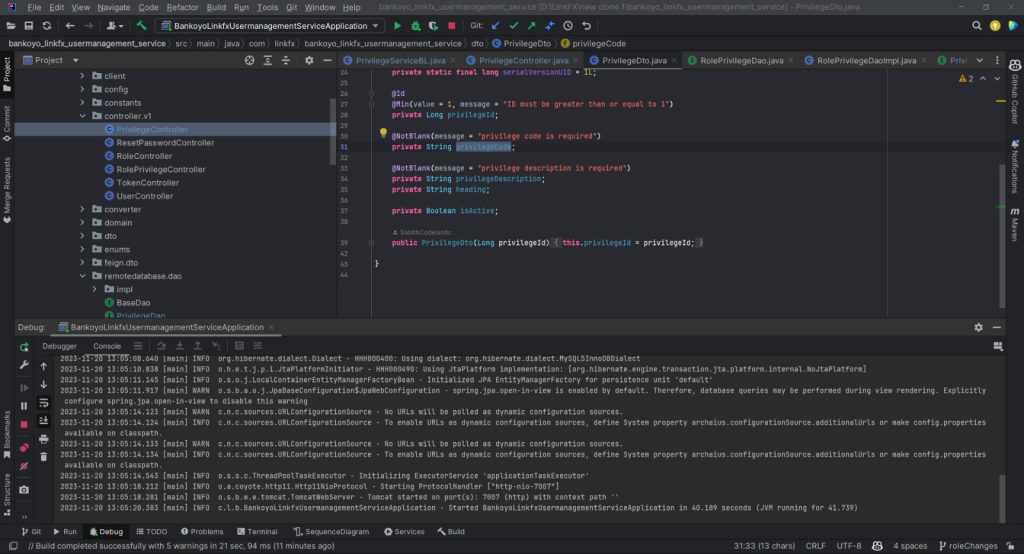By Jekhan Aruliah
For all its catastrophic consequences COVID-19 lockdowns at least had a silver lining for Sri Lanka’s towns and cities beyond the Western Province. Thousands of staff returned from Colombo to hometowns across Sri Lanka to be locked-down with their families. Many sadly lost their jobs, as their work required their physical presence and the wholesale economic downturn turned down demand for their services generally. But the ICT industry was one sector that could carry on by the magic of remote working.
Tech companies found staff working from home turned from a necessary evil to being practical, productive, and cost effective. Methods were developed to remotely manage work and to maintain cohesive teams. CEOs noticed the opportunities of scaling down office space. Less rent, less electricity bills, less cleaners and security, less tea and milk and sugar. Staff who didn’t have to pay through the nose for Colombo rented accommodation, living on salty kade food, commuting on public transport needed less money to live better. Based in Kandy, Trinco, Galle, Jaffna and all points in between, staff were able to accept lower pay. Particularly true for new recruits from these towns fresh into the IT industry who had no expectation of heavy rookie paycheques.
The new recruits from outstation could match their Colombo compatriots with technical skills from their universities and colleges. But they lacked the ‘soft skills’: Communication, Punctuality and other professional protocols. The best way to learn Soft Skills is to have experienced them from birth: loving disciplined parents, caring capable teachers, respectful supportative colleagues. However Soft Skills are not yet embedded in general Sri Lanka society. What is not natural must be nurtured.
The software industry in Colombo is a great example. The best of it has transformed since I came from the UK as an expat development manager in 1993 for seven years. 360 degree Softskills have blossomed. From customer to supplier to manager to staff. In 1993 the “office peon” would pass by unnoticed with his broom, the CEO would glide through the office with hardly a nod to the staff. Now there is a friendly good morning and thank you between highest and lowest. The manager manages her staff respectfully, the staff manage their manager with finesse. Angry customers are dealt with deftly not defensively. Happy customers are persuaded to give good reviews, recommendations, and to buy more. “Softly softly catchee monkey”, as the old saying goes. Soft skills are a powerful means to catch commercial success.

During the COVID-19 lockdowns in 2020 Xebiro, a company headed from the UK, moved some of its Colombo staff back to work from their home towns. Taking the opportunity of having sent an experienced crew to Jaffna, Xebiro used this as the foundation to grow a team there from local talent. Tech skills were not a problem for the new recruits. At a technical level the Jaffna recruits matched Colombo. However Soft Skills were an issue. The new recruits didn’t understand punctuality, effective communications, maximum focus with minimum interruption, keeping commitments, the urgency of emergency. To deal with this issue Xebiro’s UK based CEO, Shaseevan Ganeshananthan, decided to create NurtureLeap. NurtureLeap turns technically competent young people from raw talents into professionals.
Some things were easy to deal with. Using an electronic fingerprint system to login and logout each day was easy to implement, producing punctuality by requiring everyone, from trainee to senior manager, to beat the clock. Effective communication and the urgency of emergency issue are harder issues. Nodding, laterally and longitudinally, may mean yes may mean no perhaps something in between. Urgency is hardly a thing in Sri Lanka where people go really fast on the roads and really slow at work. Knocking off to go home on time regardless of the situation is normal in the monopolistic Public Sector and widely infects the Private Sector. In the competitive private sector leaving a customer hanging can be fatal to the company and the career.
Before joining Xebiro Sajeev Edward worked for the leading consulting firm STAX. Now as Xebiro’s Chief Marketing Officer based in Colombo, Sajeev oversees the Jaffna office.

Sajeev commented “The graduates from Jaffna University and other institutions in Jaffna are technically strong and on par with Colombo. But they lack soft skills: language, leadership, project management, public speaking in English and Tamil. Dress code is not an issue: smart casual with smart shoes are easily accepted. Punctuality, leave application process, reporting to seniors, communication skills, these all have to be taught. We have a HR system, linked to thumbprint login/logout. This ensures attendance, including leave applications. Each person must give brief presentations on their work, to build their communication skills and confidence in Tamil and English.”
“To build the corporate community spirit each year there are two company outings with staff from the Colombo and Jaffna teams coming together. Last year our people came for 2 days to The Governor’s Camp in Wilpattu, and there was the end of year party at the Citrus Hotel Waskaduwa. We are building fellowship and loyalty across teams horizontally and vertically from junior to senior.”

Sajeev said NurtureLeap wants to onboard more students. Students who don’t need technical training, who are already technically competent ready to go straight on to projects. They will be carefully supervised, receiving on-the-job training to further raise their technical and soft skills.
NurtureLeap trains the young people with the skills to compete at Colombo level. They accept graduates with university and professional qualifications equivalent to a degree. Also those with HND and advanced diplomas are recruited. Not only technical staff are sought, also those with Marketing and HR qualifications.
Taken on as interns, paid a market rate allowance, the recruits are expected to follow professional procedures from start. Formal leave applications, mercantile holidays, punctuality, dress code. Sick leave with a medical certificate. Half a day leave for each month served in their 6 month internship.
Some of the graduates of this internship will join one of the Xebiro group companies. Some will be helped into other companies in Jaffna and Colombo. As at November 2023 NurtureLeap has taken in 96 people. Of these 35 are currently going through the programme. Of those who completed, 23 are employed by Xebiro; 22 at other tech companies; 14 have returned to university.
NurtureLeap helps people into the industry. Xebiro bears the running costs, but seeks sponsorship to fund expansion for furniture and laptops.
Every road in life is bumpy. Soft skills help avoid some of the bumps and help bounce unharmed over others. Such skills are not yet naturally widespread in Sri Lankan society. NurtureLeap provides training in Jaffna and routes into employment. There are other companies in the North who provide Soft Skill training. Some very well, others not so much.
You can contact Sajeev Edward on this email: Sajeev@xebiro.com
( — The writer Jekhan Aruliah was born in Sri Lanka and moved with his family to the UK when he was two years of age. Brought up in London, he graduated from Cambridge University in 1986 with a degree in Natural Sciences. Jekhan then spent over two decades in the IT industry, for half of which he was managing offshore software development for British companies in Colombo and in Gurgaon (India). In 2015 Jekhan decided to move to Jaffna where he is now involved in social and economic projects. He can be contacted at jekhanaruliah@gmail.com — )

